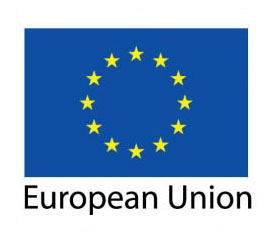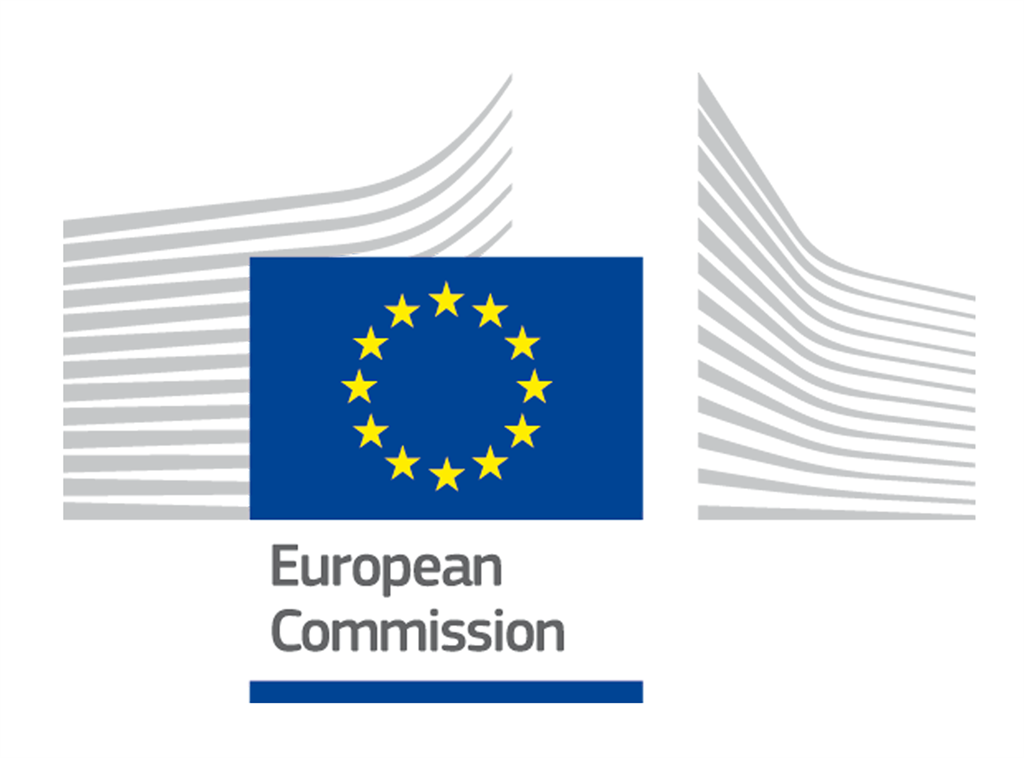Location
The European Union is a unique economic and political union between 28 European countries that together cover much of the continent.
European Union
The EU was created in the aftermath of the Second World War. The first steps were to foster economic cooperation: the idea being that countries that trade with one another become economically interdependent and so more likely to avoid conflict.
The result was the European Economic Community (EEC), created in 1958, and initially increasing economic cooperation between six countries: Belgium, Germany, France, Italy, Luxembourg and the Netherlands. Since then, a huge single market has been created and continues to develop towards its full potential.
Members:
Resources
Displaying 31 - 35 of 51Directive 2000/76/EC of the European Parliament and of the Council on the incineration of waste.
A high level of environmental protection and human health protection requires the setting and maintaining of stringent operational conditions, technical requirements and emission limit values for plants incinerating or coincinerating waste within the Community. The aim of this Directive is to prevent or reduce negative effects on the environment, particularly emissions into air, soil, surface water, as well as the resulting risks to human health which might arise from incineration and coincineration of waste.
Council Directive 75/439/EEC on the disposal of waste oils.
The aim pursued by this Directive is the protection of the environment against the harmful effects caused by the discharge, treatment or deposit of waste oils. For the purposes of these provisions “waste oils” shall mean any liquid or semi-liquid used products totally or partially consisting of mineral or synthetic oil, including the oily residues from tanks, oil-water mixtures and emulsions. Member States must take all necessary measures to ensure the safe collection and disposal of waste oils.
Commission Implementing Decision 2014/291/EU granting a derogation requested by the Netherlands pursuant to Council Directive 91/676/EEC concerning the protection of waters against pollution caused by nitrates from agricultural sources.
Council Directive 91/676/EEC sets out the legislative framework concerning the protection of waters against pollution caused by nitrates from agricultural sources. Derogations may be granted to Member States under certain conditions. The present Decision grants the derogation requested by the Netherlands for the purpose of allowing a higher amount of grazing livestock manure applied to the land each year than that provided for in subparagraph (a) of paragraph 2 of Annex III to Directive 91/676/EEC. This Decision applies on an individual basis to grassland farms.
Commission Implementing Decision 2014/112/EU on granting a derogation requested by Ireland pursuant to Council Directive 91/676/EEC concerning the protection of waters against pollution caused by nitrates from agricultural sources.
By virtue of this Decision, the European Commission grants to Ireland a derogation to the second subparagraph of paragraph 2 of Annex III to Directive 91/676/EEC concerning the protection of waters against pollution caused by nitrates from agricultural sources. The derogation has the purpose of allowing a higher amount of livestock manure than that provided in the Directive. This Decision applies on an individual basis to grassland farms and subject to certain conditions relating to the application of manure and other fertilizers and land managemen.
Commission Implementing Decision 2013/84/EU establishing the best available techniques (BAT) conclusions under Directive 2010/75/EU of the European Parliament and of the Council on industrial emissions for the tanning of hides and skins.
These provisions were adopted in implementation of Directive 2010/75/EU of the European Parliament and of the Council on industrial emissions (integrated pollution prevention and control). They establish the best available techniques (BAT) conclusions as regards industrial emissions for the tanning of hides and skins.



